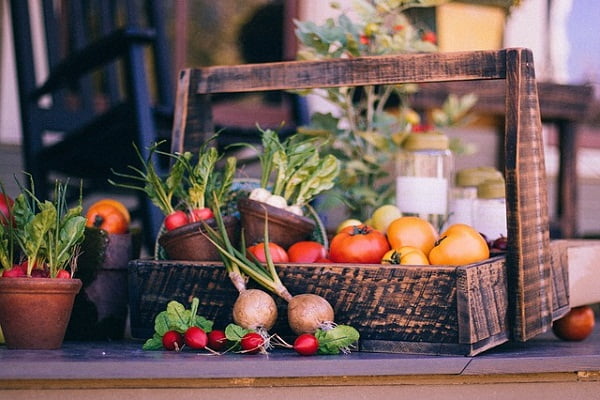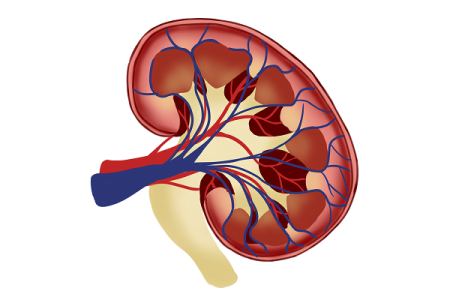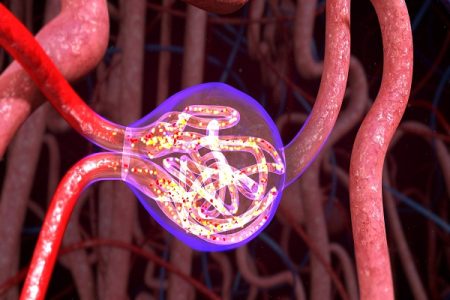
Kidney and its associated problems
Kidneys are bean-shaped structures which perform the process of filtration (by filtering blood, producing hormones, removing waste through urine and maintaining fluid, mineral or electrolyte balance in the body) during the excretory process. If any damage occurs to kidneys, they lose their proper functionality. This leads to building up of fluid in the body and also causes waste accumulation in blood.
People with kidney disorders (renal problems) should control several important nutrients in the diet to avoid the accumulation of waste products in the blood and also enhance the proper functioning of the kidney and prevent further damage. Some common kidney problems are kidney failure, uremia, diabetic nephropathy, kidney stones, etc.
Food to avoid during kidney problems
Some of such foods that should be avoided in kidney problems are listed below:
Dairy Products
Dairy products are a natural source of phosphorus and potassium and a good source of protein. But for damaged kidneys, high phosphorus consumption can make bones thin and weak over time and increase the risk of fracture. Also, high protein content in dairy products can buildup protein waste in the blood.
Vegetables and fruits
Some foods such as avocado, banana, oranges, tomato, olives, apricot, potatoes, etc are restricted during any renal disorder. Oranges, banana, potato, spinach, etc are high in potassium content which is harmful for the kidney. Tomato seeds also accelerate kidney stones symptoms. In a study, consumption of some genetically modified foods particularly Monsanto corn also increased the toxicity in kidney and liver.
Meat
Meat, poultry, eggs, etc have very high in protein content. Protein metabolism creates a heavy load on the kidneys which makes it difficult for the kidney to eliminate the waste products. Increase in uric acid content accelerates the formation of kidney stones.
More: What do Kidney Stones Look Like
More: Tips for Kidney Stones Pain Relief
Salt
Body requires salt to maintain proper fluid balance but eating excess salt increases blood pressure and damages the kidney’s nephrons along with the heart and aorta. Some seasonings also have high sodium content which should be avoided.
Nuts and Dark Chocolate:
If kidney stone symptoms are observed, dark chocolates, dates and raisins should be completely avoided. Chocolates have phosphorus in its additive form and dry fruits are high in oxalate and potassium content. Therefore, these should be avoided.
Canned foods
Canned foods such as instant and pre-made meals are often high in sodium and are often considered unhealthy due to high content of preservatives and lack of nutrients. Canned meat is also not recommended due to high protein content and large amount of salt in it.
Caffeine and Carbonated beverages
Coffee, tea, soda (cold drink) and foods that contain caffeine places strain on kidneys and should be avoided. Caffiene stimulates blood flow and increases the blood pressure and puts stress on the kidneys. A study estimated that long-term consumption of caffeine aggravates the risk of chronic renal failure. Carbonated beverages such as soda (which may or may not contain artificial sweetener) and energy drinks increase the risk of kidney problems. Artificial sweeteners also decrease kidney function.
Choosing a high-fiber and low carbohydrate diet and reducing the intake of sodium is the best way to maintain a healthy kidney and a healthy lifestyle.
FAQs
What foods should kidney disease patients avoid to protect their kidneys?
High-sodium foods, processed meats, and excessive protein intake are some examples of foods that should be limited to preserve kidney function.
How does excessive potassium intake affect kidney disease patients?
Excessive potassium can lead to hyperkalemia, posing a serious risk for kidney disease patients; therefore, it's crucial to monitor and control potassium-rich foods.
Are there specific beverage choices that can harm kidney health?
Sugary drinks, caffeinated beverages, and excessive alcohol consumption can negatively impact kidney function and should be limited for those with kidney disease.
How does maintaining a healthy weight contribute to kidney health?
Maintaining a healthy weight reduces the risk of diabetes and hypertension, two major contributors to kidney disease, thus promoting overall kidney health.
Can certain cooking methods affect the suitability of foods for kidney patients?
Indeed, certain cooking methods, like frying, can increase the phosphorus content in food, and phosphorus control is crucial for individuals with kidney disease.






